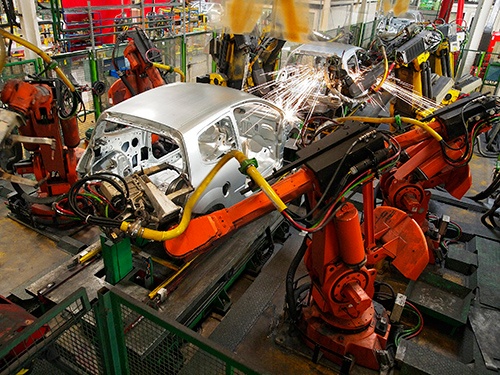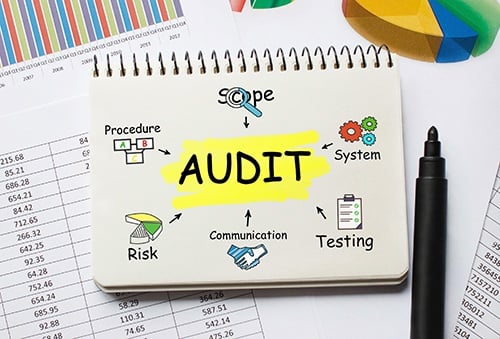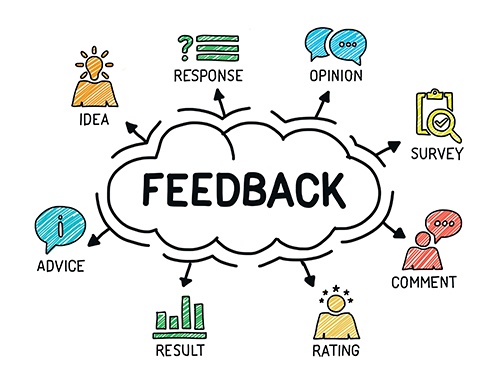Did you know that IATF 16949 clauses 7.2 and 7.2.1 require an organization to demonstrate an employee’s competence in key items of the organization’s Quality Management System? To help meet this requirement, AIAG’s APQP/PPAP Certification Exam verifies an employee’s proficiency in product quality planning and control plan guidelines, and PPAP submittal requirements.
Read MoreAIAG
Recent Posts
Reserve Your Seat for the VDA 6.3 Upgrade Training!
In 2016, VDA 6.3 – Process Audit was revised by the VDA-QMC. Changes included consolidating the questionnaire from 60 to 58 questions (with four new questions) and modifying language, specifically surrounding terms and definitions, for greater clarity.
Read MoreThe Supply Chain Management world is in the midst of major transformation. New technologies, mindsets, and evolving ways of doing business are colliding with pervasive, real-world challenges, and organizations throughout the supply chain are feeling the impact.
Read MoreThe Supply Chain Management (SCM) Team at AIAG is getting ready to launch the brand new Materials Management and Logistics Knowledge Assessment for individuals new to – or changing roles within – the Supply Chain field.
Read MoreDownload the (free) Core Tools Key Terms!
Planning to take the Core Tools Self-Assessment? AIAG's free Core Tools Key Terms will help fill your Core Tools knowledge gaps.
The Core Tools Self-Assessment was created by AIAG to better prepare automakers and suppliers to use the Core Tools processes (i.e. SPC, FMEA, MSA, APQP/PPAP). Understanding these processes is becoming a requirement for the industry and AIAG wants to make sure that you are prepared.
Read MoreThe IATF 16949 transition deadline is rapidly approaching and many AIAG Certified Supplier Auditors need to renew their certification to complete second-party audits. The question, however, is how to do this without the undue hardship of investing in a five day class. The answer: AIAG’s Transitioning to IATF 16949:2016 for Automotive Auditors course, next offered 3/12 – 3/14, with additional sessions throughout the rest of 2018.
Read MoreDon’t miss your chance to provide feedback on the AIAG-VDA FMEA Handbook Draft! The deadline for returning commenting spreadsheets (to stakeholderreview@aiag.org) is February 27, 2018, so if you’ve been waiting to send in your thoughts, now is the time.
Read MoreIf you’re planning on taking a training course this year, there’s no time like the present! The following list includes just a few of our courses offered this February and March.
Read MoreThe updated Guiding Principles includes new and expanded content to provide more timely and relevant guidance to suppliers on the latest industry expectations. This amended document is also accompanied by a new supplementary resource, which provides examples of actions organizations can take to engage in best practices with regards to business ethics, human rights, working conditions, and environmental leadership.
Read MoreThe stakeholder review and commenting period for the new co-copyrighted AIAG-VDA FMEA Handbook will close on February 27, 2018. Have you provided your feedback yet?
Read More











